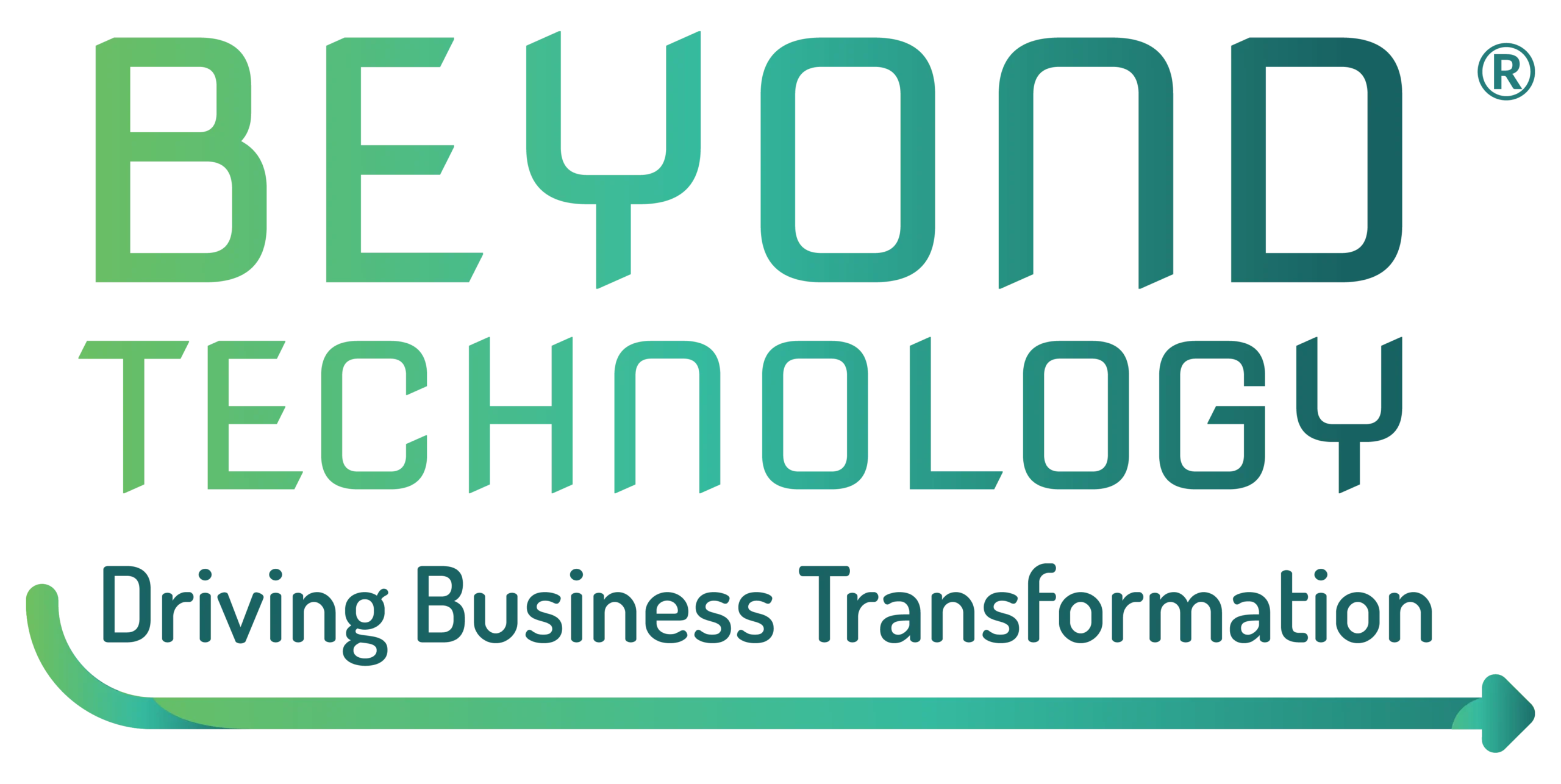
In recent years, Artificial Intelligence (AI) has emerged as a transformative technology that is revolutionizing various aspects of our lives. From personal assistants on our smartphones to self-driving cars, AI is already making a significant impact. However, its true potential is only starting to unfold. In this blog note, we will explore the present state of AI and delve into its future outlook, uncovering the possibilities and challenges that lie ahead.
The Present State of AI:
AI has made remarkable progress in the past decade, primarily due to advancements in machine learning and deep learning techniques. Machine learning algorithms enable computers to learn from vast amounts of data and make intelligent decisions without explicit programming. This has led to breakthroughs in various domains, such as natural language processing, computer vision, and data analysis.
One of the most visible applications of AI today is virtual assistants like Siri, Alexa, and Google Assistant. These voice-activated AI systems can understand and respond to our queries, perform tasks, and even engage in natural conversations. They have become an integral part of our daily lives, helping us with everything from setting reminders to controlling smart home devices.
AI is also transforming industries such as healthcare, finance, and transportation. In healthcare, AI algorithms are aiding in disease diagnosis, drug discovery, and personalized treatment plans. In finance, AI-powered algorithms are improving fraud detection, risk assessment, and automated trading. Self-driving cars, powered by AI, have the potential to revolutionize transportation by enhancing road safety and reducing traffic congestion.
The Future Outlook:
While AI has already made significant strides, its future holds even greater promise. Here are a few key areas where AI is expected to have a profound impact:
- Enhanced Automation: AI will continue to automate repetitive tasks and streamline operations across industries. This will free up human workers to focus on higher-value work that requires creativity and critical thinking.
- Healthcare Revolution: AI has the potential to revolutionize healthcare delivery. From personalized medicine and early disease detection to robotic surgery and intelligent health monitoring, AI will significantly improve patient outcomes and reduce healthcare costs.
- Smarter Cities: AI will contribute to the development of smarter cities by optimizing resource allocation, improving energy efficiency, and enhancing public safety. AI-enabled systems will monitor and manage traffic, detect environmental hazards, and provide real-time insights for urban planning.
- Ethical Considerations: As AI becomes more integrated into our lives, ethical considerations will gain prominence. Ensuring transparency, fairness, and accountability in AI systems will be crucial to avoid biased outcomes and protect individual rights.
- AI and Workforce Transformation: The integration of AI into the workforce will necessitate reskilling and upskilling of employees. Collaborative efforts between humans and AI will become the norm, requiring a shift in job roles and skill sets.
Challenges and Considerations:
While the future of AI looks promising, it also poses certain challenges and considerations. Some of the key concerns include:
- Privacy and Security: The vast amount of data required for training AI systems raises concerns about privacy and data security. Striking a balance between data utilization and protecting personal information will be crucial.
- Ethical Dilemmas: As AI systems make complex decisions, ethical dilemmas may arise. Determining who is responsible for AI actions and ensuring ethical guidelines are followed will be crucial in avoiding unintended consequences.
- Job Displacement: The integration of AI into the workforce may lead to job displacement in certain industries. Governments, organizations, and educational institutions must address this challenge by providing retraining opportunities and creating new job roles.
Artificial Intelligence has already made a significant impact on our lives, and its future potential is vast. From transforming industries to revolutionizing healthcare and shaping smarter cities, listen to our podcast to find out much more about the projection of this topic in the near future!
